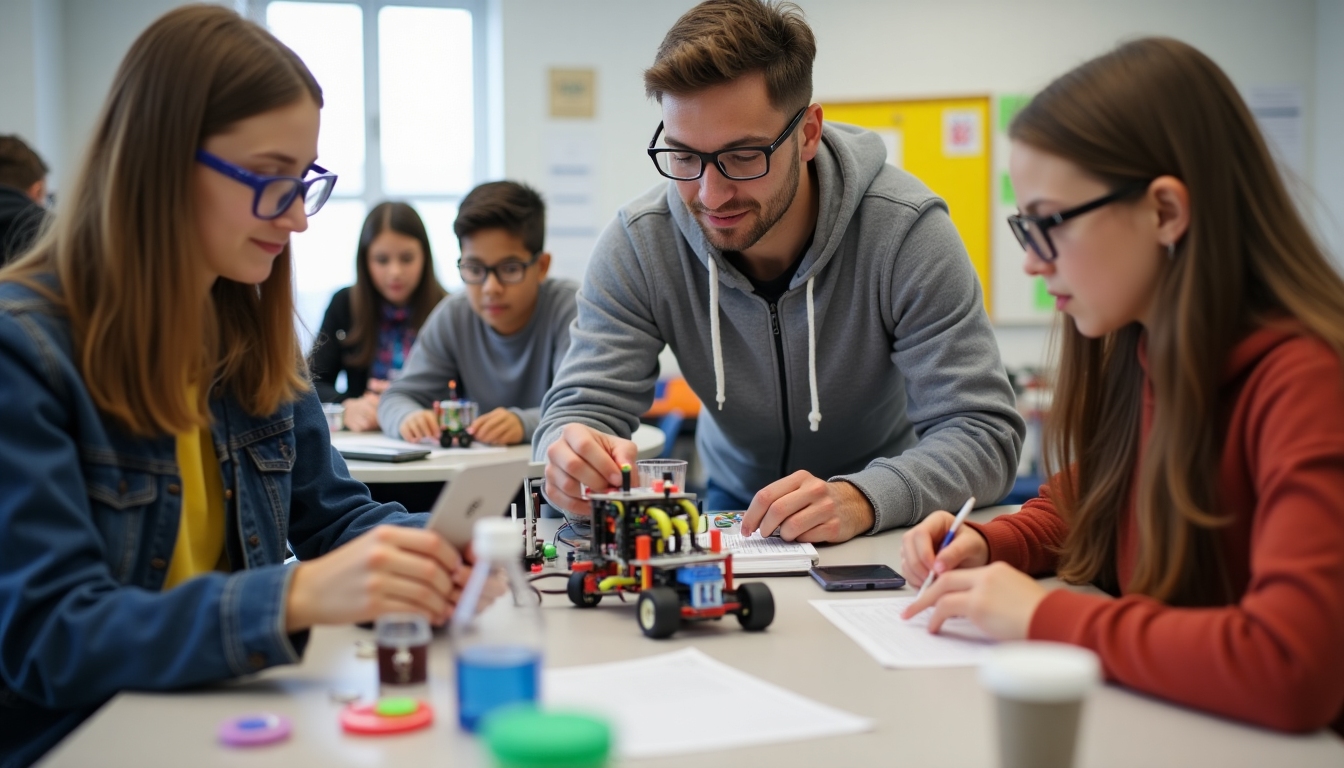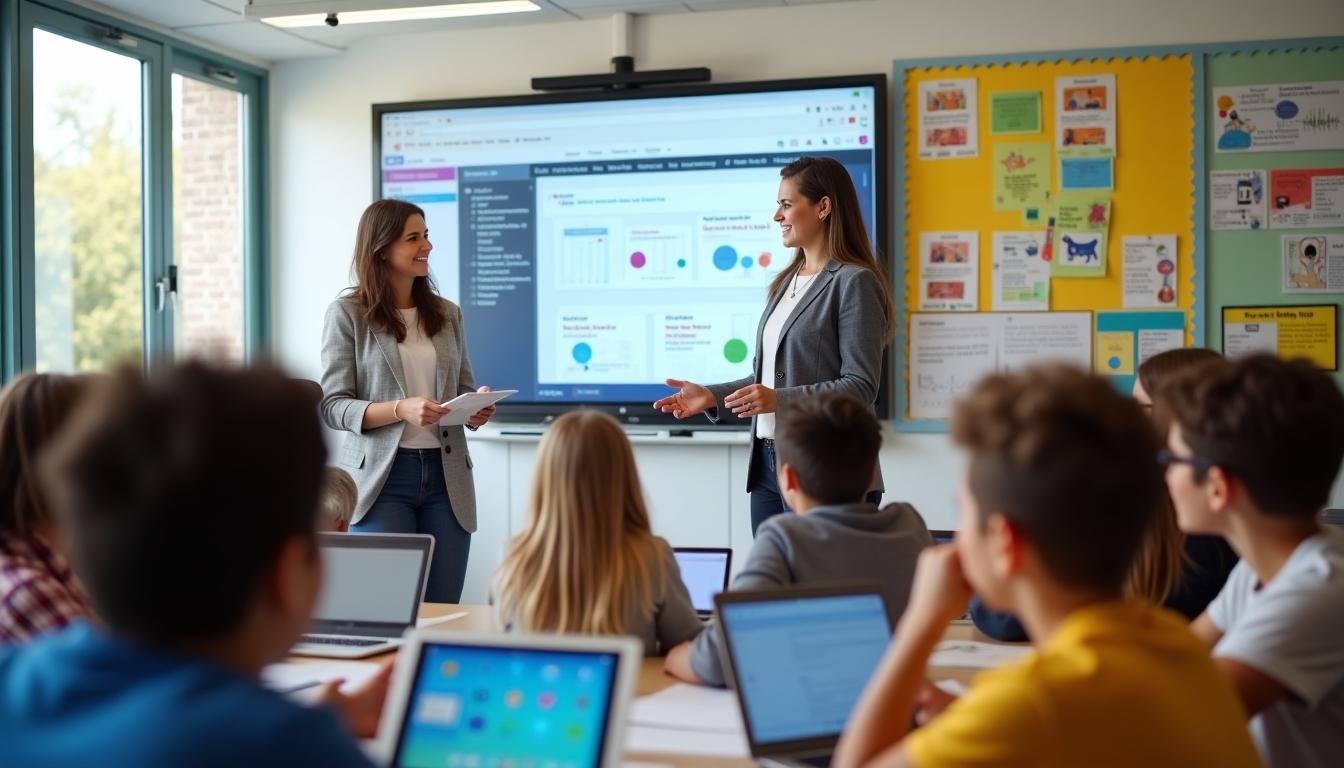Skill-Based Volunteering: Making an Impact in Education
By , December 4, 2024
Skill-Based Volunteering in Education: Transform Lives, Transform Yourself
For those passionate about education, skill-based volunteering offers a unique opportunity to make a significant impact while developing personal skills. Dive into how leveraging your professional abilities can enrich educational settings and change lives for the better.

The Power of Skill-Based Volunteering in Education
Skill-based volunteering in education allows you to share your expertise in meaningful ways. Unlike general volunteering, it involves applying your specific skills—be it in IT, management, arts, or sciences—to educational problems. This type of volunteering not only supports teachers and students but also fosters a robust learning environment.
Why Choose Skill-Based Volunteering?
Here’s how skill-based volunteering can be a transformative experience:
- Enhance Your Skills: Teaching what you know reinforces your knowledge and boosts confidence.
- Immediate Impact: Bring immediate value to classrooms with your expertise, helping solve real-world educational challenges.
- Builds Community: Forge strong connections with educators and other volunteers, creating a network of passionate individuals.
Skill-based volunteering helps bridge the gap between theoretical knowledge and real-world application, providing invaluable assistance to educational institutions.

Real Stories, Real Impact
Consider the story of Sarah, an IT professional who volunteered at a local middle school. She organized weekend coding workshops, introducing students to computer science in a fun and interactive way. Her efforts not only boosted students’ interest in technology but also ignited her passion for teaching.
Such stories demonstrate how skill-based volunteering can lead to unexpected career shifts and personal fulfillment. Volunteers like Sarah contribute towards narrowing the educational divide and inspire more professionals to get involved.
Implementing Skill-Based Volunteering
To help you get started, here’s a quick guide:
- Identify Your Expertise: Understand your skills and how they can meet the needs of an educational setting.
- Research Opportunities: Seek opportunities where your skills are valued, such as local schools, online platforms, or educational NGOs.
- Connect and Collaborate: Network with educators and other volunteers to create impactful programs.
- Feedback and Evolve: Encourage feedback to improve your sessions, ensuring they meet educational goals.
Skill-based volunteering requires dedication, yet the rewards—both personal and for the community—are immense.

Overcoming Challenges in Volunteering
Every rewarding experience can have challenges:
- Time Management: Balancing volunteering with professional and personal commitments can be tricky.
- Adapting Skills: Translating skills to be effective in a classroom requires patience and flexibility.
To tackle these, setting clear goals and maintaining a realistic schedule is crucial. Always be ready to adapt your approach based on classroom dynamics and needs.
The Future of Skill-Based Volunteering
The demand for skill-based volunteering in education will likely continue to grow. As our world becomes more interconnected, the skills taught in classrooms must adapt. Volunteers play a crucial role in bridging these gaps.
Future prospects point towards integrating more tech-oriented skills like digital literacy and data science in curriculums, paving the way for volunteers with these expertise to become more involved.

Conclusion
Whether you're an expert in engineering, arts, business, or technology, your skills can make a profound difference in education. Skill-based volunteering is a fulfilling path to contribute to society and grow personally. It equips students with essential skills and creates a collaborative learning atmosphere that both inspires and educates.
To deepen your understanding and involvement in skill-based volunteering, explore resources, connect with local educational institutions, and start with small, impactful steps that can lead to significant change.